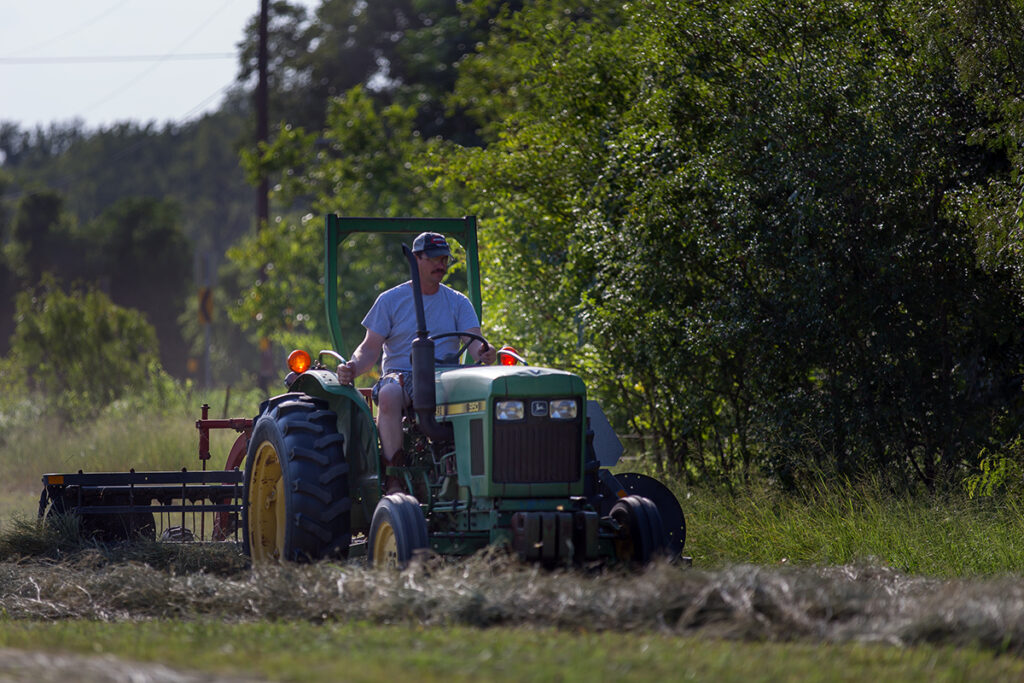Turning Your Hobby Farm into a Profitable Business: A Guide for Homesteaders
The dream of living off the land is a fulfilling one, but for many homesteaders, the question remains: how do you turn your passion into profit? Whether you’re harvesting honey, raising livestock, or growing organic vegetables, your farm holds the potential to become a thriving business. The key is treating it like one – from branding and marketing to diversifying income streams and managing finances. Selling what you produce is only part of the equation; you need to establish a strategy that ensures sustainability and growth. Here’s how to take your homestead from a self-sufficient lifestyle to a profitable venture.
Establishing Your Brand and Identity
The first step in monetizing your farm is defining your brand. Customers are drawn to authenticity, and your story is what will make your farm stand out. Think about what makes your operation unique – maybe it’s a heritage breed of livestock, a commitment to regenerative farming, or a family tradition passed down through generations. Create a farm name, design a memorable logo, and develop a consistent voice for social media and packaging. Your brand should tell a story that customers connect with, making them feel they’re part of something meaningful when they purchase from you.
Choosing the Right Products to Sell
Growing your homestead into a profitable venture requires more than just farming skills – it takes business savvy, financial literacy, and strategic planning. Earning a bachelor of science in business administration can equip you with essential skills in accounting, business, communications, and management, helping you make informed decisions that maximize profitability. Online degree programs offer flexibility, making it easy to work full-time on your farm while keeping up with your studies at your own pace. With a stronger foundation in business principles, you can streamline operations, improve marketing efforts, and build a more sustainable and successful farm enterprise.
Understanding Your Target Market
Your ideal customers will depend on what you’re selling and where you’re located. Research who is most likely to buy your products – are they local families looking for fresh eggs and raw milk, restaurants seeking specialty ingredients, or online shoppers interested in farm-made crafts? Farmers’ markets, CSA (Community Supported Agriculture) memberships, and local grocery stores are great ways to sell directly to consumers, while online platforms like Etsy, Shopify, or farm-to-table delivery services can broaden your reach. By understanding your market, you can tailor your products and marketing efforts to attract loyal buyers.
Mastering the Art of Marketing
Effective marketing is essential to running a profitable farm business. In today’s digital world, social media is one of the most powerful tools at your disposal. Share behind-the-scenes looks at daily farm life, post educational content about your products, and engage with your followers to build a community. Email newsletters, blogs, and YouTube videos can further establish your farm as an authority in your niche. Offline, consider hosting farm tours, workshops, or pop-up events to create connections with customers. The more you tell your farm’s story, the more people will want to support it.
Managing Finances and Scaling Smartly
One of the biggest pitfalls for homesteaders-turned-entrepreneurs is failing to manage finances properly. Keep detailed records of all expenses, sales, and profits so you understand your cash flow and can make informed decisions. Pricing your products correctly is crucial – factor in labor, materials, packaging, and distribution to ensure you’re making a profit. As your business grows, reinvest in infrastructure that boosts efficiency, like better irrigation, fencing, or cold storage. Scaling too quickly can lead to burnout and financial strain, so expand strategically based on demand and available resources.
Navigating Legal and Regulatory Requirements
Selling farm products comes with its fair share of legalities, and it’s important to stay compliant with local regulations. Research food safety laws, labeling requirements, and zoning restrictions that apply to your products. If you’re selling raw milk, butchering meat, or processing canned goods, you may need specific licenses or certifications. Liability insurance is also a smart investment, especially if you’re inviting the public onto your property. Staying on top of regulations not only protects your business but also builds trust with your customers.
Turning your homestead into a profitable business is a rewarding but challenging endeavor. It requires more than just growing food – you need to establish a brand, understand your market, market your products effectively, and manage finances wisely. With the right strategy, your farm can be more than just self-sufficient – it can become a source of income that allows you to live the life you’ve always envisioned.
Discover the serene beauty and unique experiences of the Texas Hill Country at Scurlock Farms, where nature, comfort, and adventure await you along the San Gabriel River.
Views: 6






Leave a Reply